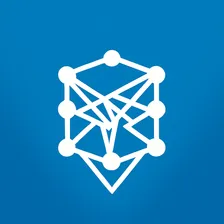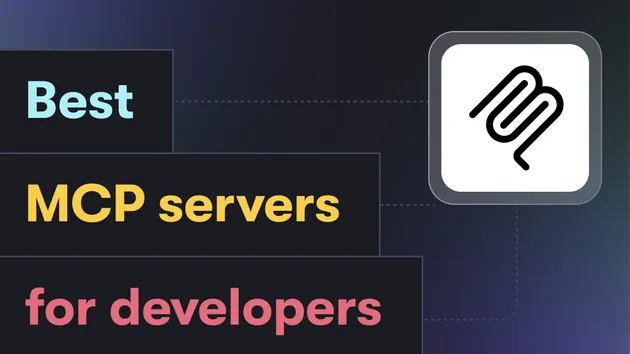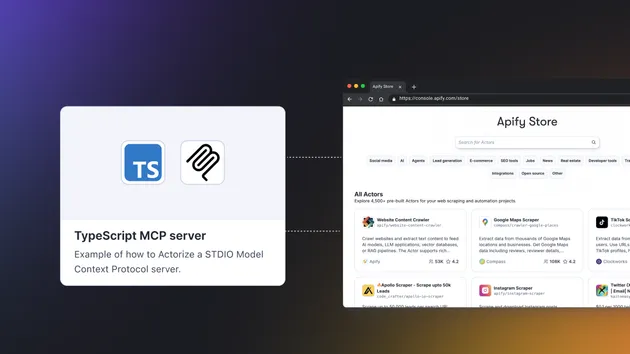Context7 MCP Server
Pricing
Pay per event
Context7 MCP Server
Up-to-date code documentation for any prompt
0.0 (0)
Pricing
Pay per event
0
3
3
Last modified
9 days ago
Context7 MCP Server provides up-to-date, version-specific documentation and code examples straight from the source for any programming library or framework. Get working code answers with the latest APIs and best practices.
About this MCP Server: To understand how to connect to and utilize this MCP server, please refer to the official Model Context Protocol documentation at mcp.apify.com.
Connection URL
MCP clients can connect to this server at:
Client Configuration
To connect to this MCP server, use the following configuration in your MCP client:
Note: Replace YOUR_APIFY_TOKEN with your actual Apify API token. You can find your token in the Apify Console.
🚩 Claim this MCP server
All credits to the original authors of https://github.com/upstash/context7 To claim this server, please write to ai@apify.com.
Context7 MCP - Up-to-date Code Docs For Any Prompt
❌ Without Context7
LLMs rely on outdated or generic information about the libraries you use. You get:
- ❌ Code examples are outdated and based on year-old training data
- ❌ Hallucinated APIs that don't even exist
- ❌ Generic answers for old package versions
✅ With Context7
Context7 MCP pulls up-to-date, version-specific documentation and code examples straight from the source — and places them directly into your prompt.
Add use context7 to your prompt in Cursor:
Context7 fetches up-to-date code examples and documentation right into your LLM's context.
- 1️⃣ Write your prompt naturally
- 2️⃣ Tell the LLM to
use context7 - 3️⃣ Get working code answers
No tab-switching, no hallucinated APIs that don't exist, no outdated code generation.
🔨 Available Tools
Context7 MCP provides the following tools that LLMs can use:
-
resolve-library-id: Resolves a general library name into a Context7-compatible library ID.libraryName(required): The name of the library to search for
-
get-library-docs: Fetches documentation for a library using a Context7-compatible library ID.context7CompatibleLibraryID(required): Exact Context7-compatible library ID (e.g.,/mongodb/docs,/vercel/next.js)topic(optional): Focus the docs on a specific topic (e.g., "routing", "hooks")tokens(optional, default 5000): Max number of tokens to return. Values less than 1000 are automatically increased to 1000.
🛟 Tips
Add a Rule
If you don't want to add
use context7to every prompt, you can define a simple rule in your MCP client's rule section:
- For Windsurf, in
.windsurfrulesfile- For Cursor, from
Cursor Settings > Rulessection- For Claude Code, in
CLAUDE.mdfileOr the equivalent in your MCP client to auto-invoke Context7 on any code question.
Example Rule:
From then on, you'll get Context7's docs in any related conversation without typing anything extra. You can alter the rule to match your use cases.
Use Library Id
If you already know exactly which library you want to use, add its Context7 ID to your prompt. That way, Context7 MCP server can skip the library-matching step and directly continue with retrieving docs.
The slash syntax tells the MCP tool exactly which library to load docs for.
References
To learn more about Apify and Actors, take a look at the following resources:




